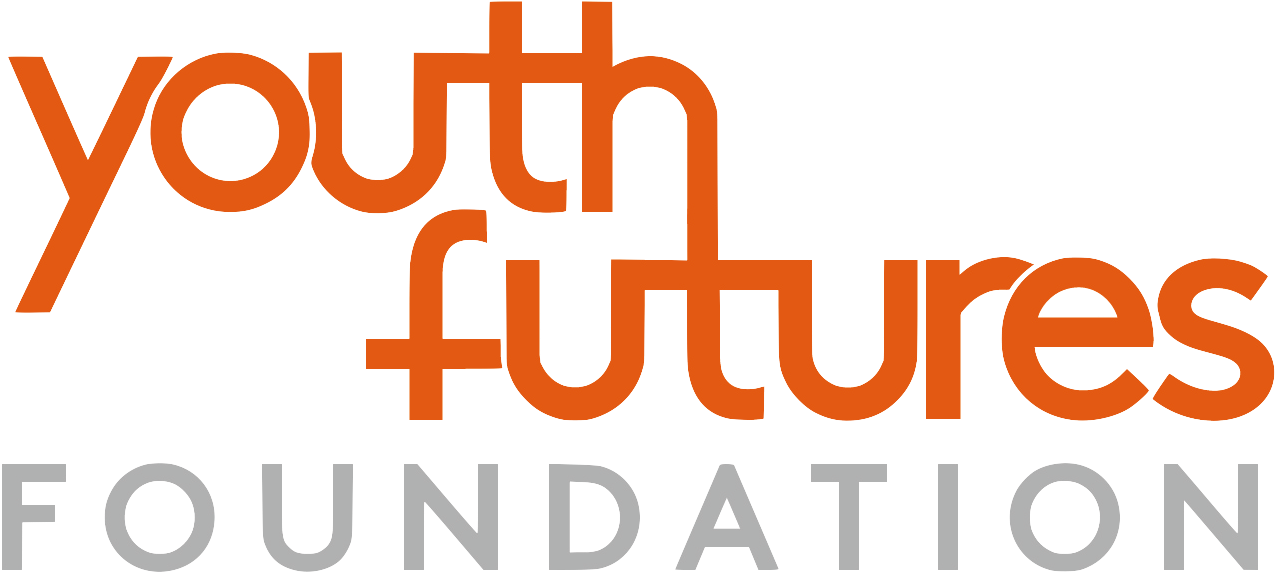St Giles Trust
Project summary
St Giles were awarded a grant from Youth Futures Foundation (YFF) to deliver the ‘Choices’ programme to 150 young people, aged 16-24 in London with experience of, or at risk of engagement with, the criminal justice system.
The support delivered as part of the Choices programme was designed to include: a bespoke action plan; job search support; training in digital, literacy, numeracy, and language skills; support to gain vocational qualifications; and other holistic support to help with wider issues that affect employability. The support provided was intended to be bespoke, ‘asset-based’ (i.e. focussed on young people’s strengths), and time-unlimited, so that young people could engage at times and in a way that suited their needs and motivation. The programme was also designed to have lived experience at the heart of support; many of the case workers delivering the programme had lived experience and volunteers were trained as peer advisors to provide peer-led support.
YFF wanted to understand how the programme was delivered, the outcomes that participants achieved, and the mechanisms through which these outcomes were achieved. Alongside this, YFF also wanted to understand whether the Choices programme would be suitable for an impact evaluation (i.e. a randomised controlled trial or quasi-experimental design). Ipsos and Liverpool John Moores University were awarded an evaluation grant to answer these questions.
There were three stages to the evaluation:
- A pilot evaluation to understand and evidence the theory of the support model, including and how and why participants did or did not achieved outcomes;
- A depth qualitative study to explore in detail the views of young people and stakeholders of the support needed by this group of young people;
- An impact feasibility study to explore options for future impact evaluation.
The evaluation drew on evidence from:
- Management Information
- Surveys with Choices participants
- Interviews with Choices participants
- Interviews and workshops with Choices staff
Evaluation conclusions
The Choices programme delivered support to 268 young people across the grant period and was successful in reaching the intended audience for the programme. The programme was broadly delivered as intended. However, some changes were made to delivery to adapt to the COVID-19 pandemic, and due to an increased emphasis on employer engagement.
Gaps in the data and low sample sizes limited the analysis that could be performed as part of the evaluation. However, where data was available, the evaluation findings indicated that the Choices delivery model demonstrated evidence of promise. Half of those who participated in the programme were recorded as having an education and/or employment outcome within six months of starting the programme, whilst one third were recorded as having an employment outcome over this period. There was also emerging evidence that Choices made a positive contribution to participants’ wellbeing, and some limited evidence that Choices positively contributed to improving the relationships of participants, alongside improving their skills, knowledge, and job search.
Based on the findings from the feasibility study, YFF decided that the Choices programme was not yet ready to proceed to an impact evaluation. The challenges to delivering an RCT included: the complexity of the referral pathways into the Choices programme; and achieving the required sample size (at a reasonable cost). The key barrier to delivering a quasi-experimental design was identifying a suitable data source to construct a comparison group.
